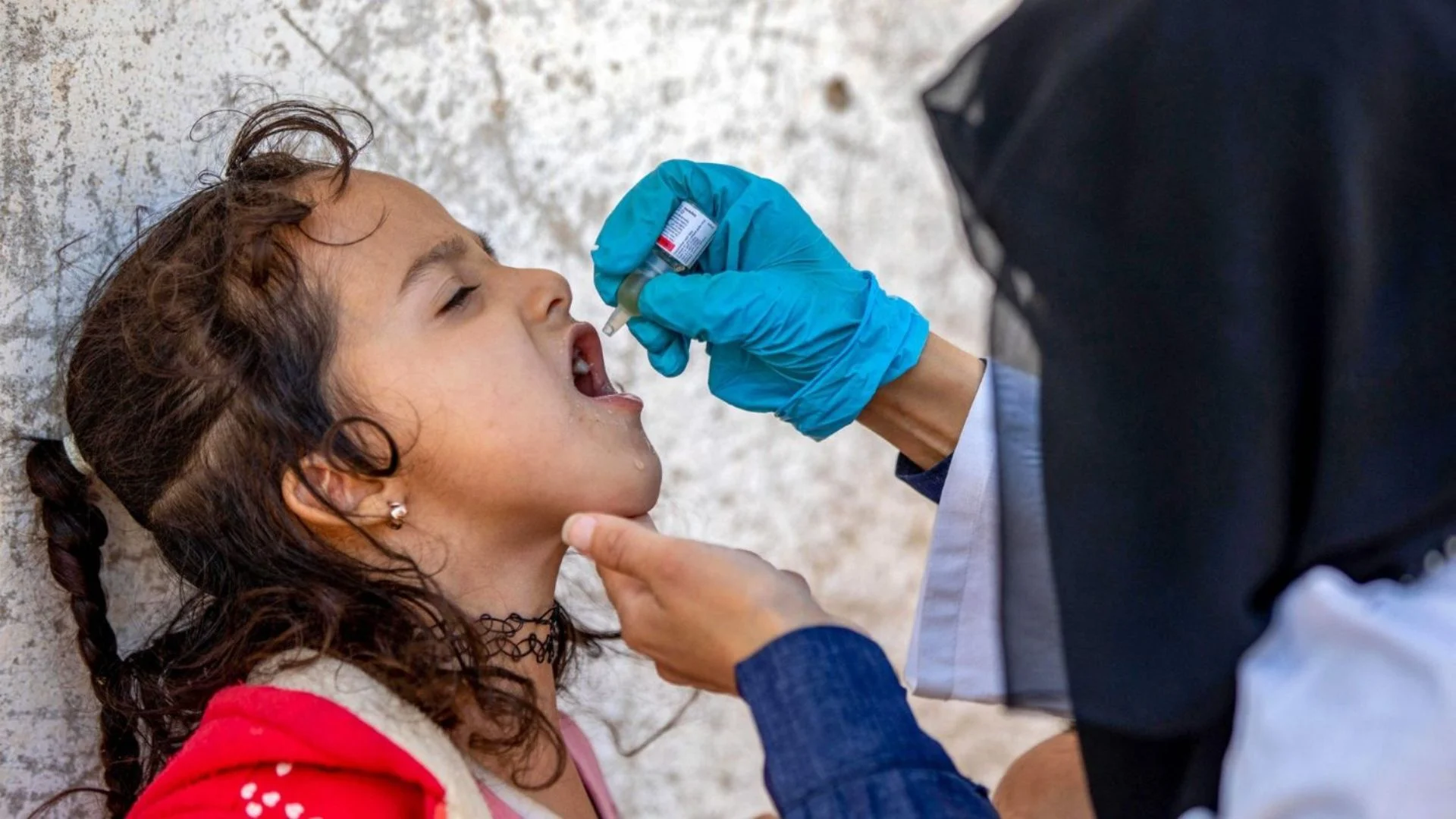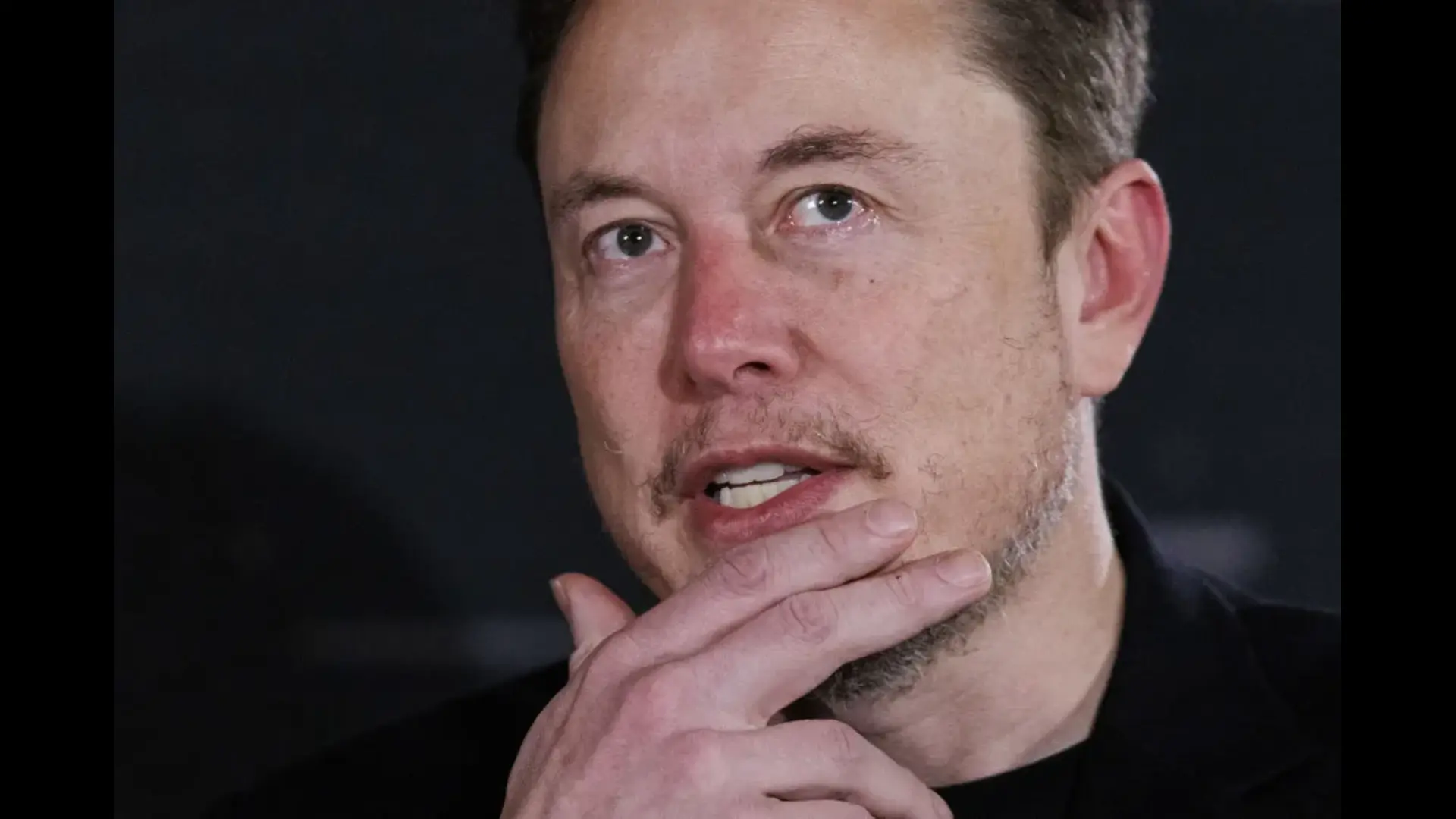The Taliban-controlled government in Afghanistan has halted all polio vaccination campaigns, the United Nations has reported. The suspension, announced without any official explanation, comes just before a planned immunization drive in September.
The World Health Organisation (WHO) confirmed the halt and revealed ongoing discussions about potentially shifting from house-to-house vaccinations to site-based immunizations, such as those conducted in mosques. Dr. Hamid Jafari of the WHO mentioned that partners are evaluating the implications of this proposed change.
Previously, in June 2024, Afghanistan initiated a nationwide vaccination campaign using the more effective house-to-house method, which targets a larger number of children compared to site-to-site vaccinations. The WHO reported 18 polio cases in Afghanistan this year, a significant increase from six cases in 2023. Only two of these cases were in the southern region, which includes Taliban stronghold Kandahar.
Challenges to vaccination efforts include limited female participation, at around 20 percent, which hampers access to immunizations, especially in areas like Kandahar. The WHO has warned that the rollback in Afghanistan could adversely affect neighboring Pakistan, which faces similar anti-vaccination sentiments and militant attacks on vaccination campaigns.
The suspension threatens to undermine global polio eradication efforts, which have already been struggling with high costs and strategic challenges.







